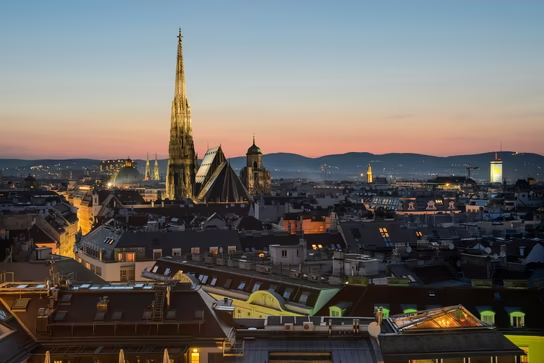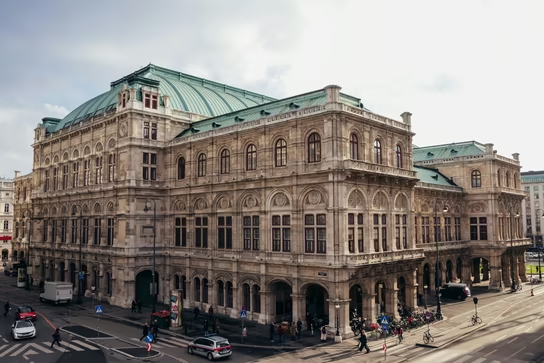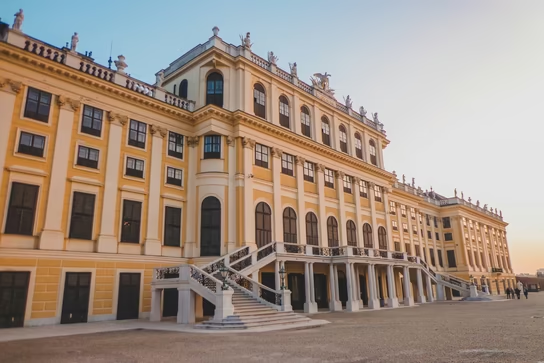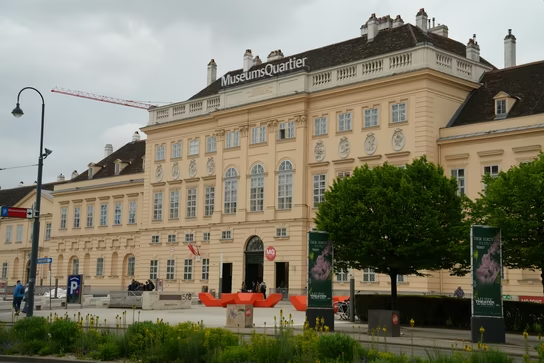Discover
the city of
Vienna.
Welcome to Vienna, the most liveable city in the world! Our hotel is located right in the historic centre and offers you the ideal starting point to reach Vienna's most beautiful sights on foot.
Discover the city of Vienna
Experience Vienna from its most beautiful side! World-famous sights such as Stephansdom, the Wiener Hofburg and the Wiener Staatsoper are just a short walk away. Discover the charming shopping streets of Kärntner Straße and Graben or enjoy the urban flair on the Danube Canal. Further tips on sightseeing, shopping, restaurants and events can be found on the official Vienna Tourist Board website at www.wien.info








